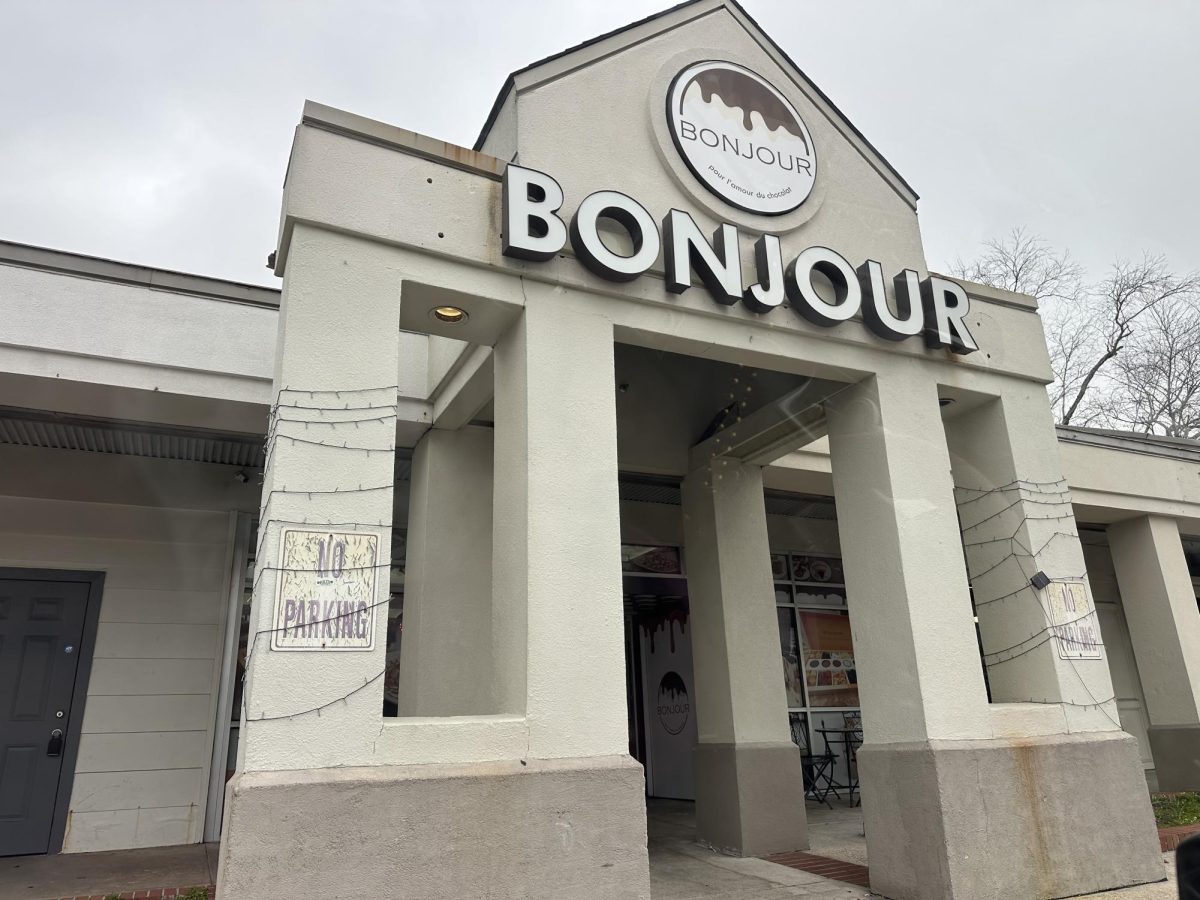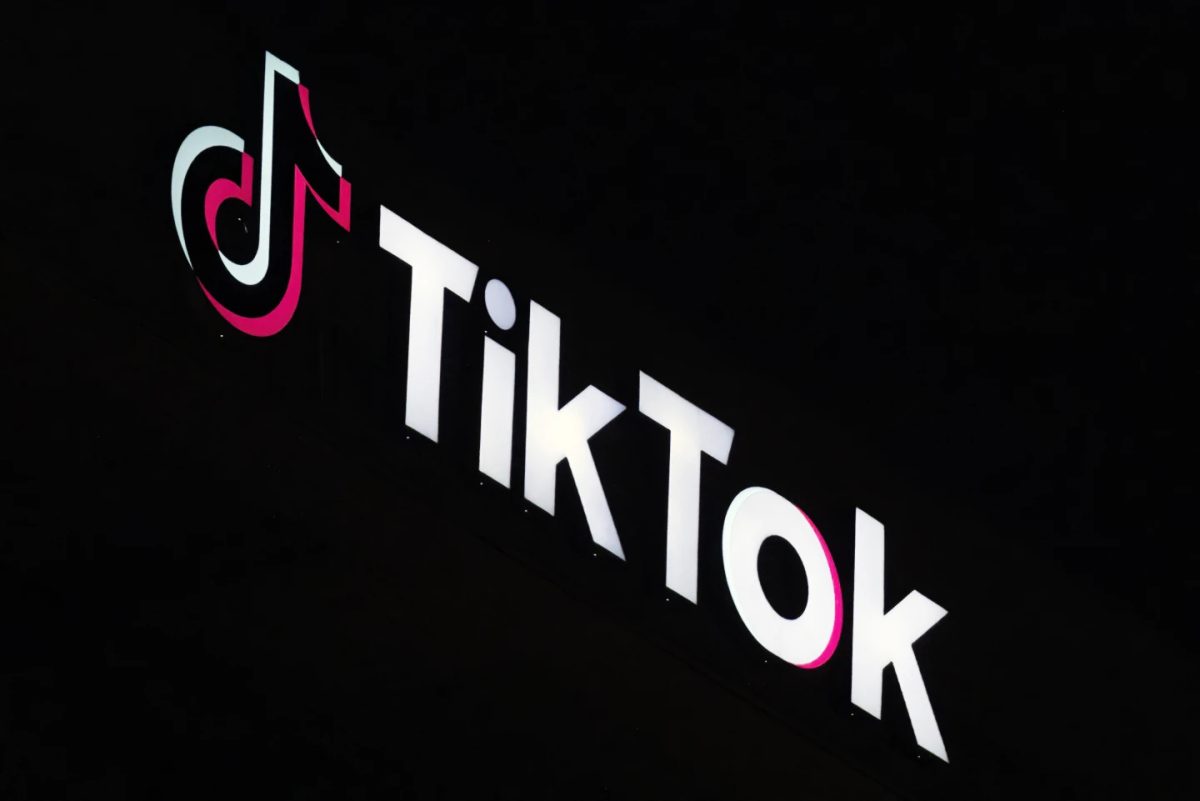A shiny little piece of jewelry glinting off the noses of my cousins, my aunts, my grandma — I grew up accustomed to seeing women with pierced noses.
The women in my family always seemed to wear jewelry with such elegance. As a child, I held deep admiration for their nose piercings, and I looked forward to getting one of my own when I got older.
Having parents who come from two completely different backgrounds, I’ve never really been able to identify with any single culture.
It’s not because I don’t want to appreciate my mother’s Turkish heritage or my dad’s memories of growing up in Bangladesh. It’s just hard for me to identify with either of those, because I was raised in America.
Growing up, the sporadic encounters I had with my dad’s side of the family were always awkward and strained. We don’t eat the same foods, and I’ve only worn a sari a couple times in my life. Despite the distance I felt from Bengali culture, I always saw beauty in the idea of nose rings.
In Bangladesh, as well as in other South Asian countries, nose piercings are common, and it’s something my father grew up around.
I didn’t think there should be much of a difference between having my nose pierced and having my ears pierced. I wasn’t raised to think there should be.
When I decided to get my nose pierced, it definitely wasn’t because I wanted to make a punk-ass attempt at challenging conservative values. I did it, quite simply, because I wanted to.
Some people like the way nose piercings look and others might not. For me, it was one way to express part of my cultural identity, however detached from it I may be. Depending on the individual, reasons for getting a piercing can vary, but whatever the reasons may be, no one should be looked down on for it.
I didn’t expect having a little metal stud in my nose would negatively affect with my life. Clearly, I was wrong.
Every job I’ve had since getting my nose pierced had a rule forbidding nose piercings.
I had to resort to wearing a clear stud, a little plastic retainer to change into for work. Changing in and out of it often resulted in bleeding, which left my piercing looking red and puffy for a few days. It interfered with my appearance outside of work, and it really bothered me.
I had the piercing for more than a year, but it got to the point where I just didn’t feel like it was worth the hassle anymore.
A few weeks ago, I reluctantly made the decision to take out my nose ring permanently. I realized that if having the piercing proved problematic for me now, it could only get worse the closer I get to pursuing an actual career.
It’s unfair, but I had to be realistic.
Nobody should be defined by the way they choose to express physical appearance, but we live in a society that constantly puts appearance on a pedestal. Having a nose piercing doesn’t reflect personal characteristics in any way, and it certainly doesn’t reflect work ethic.
If facial piercings make you uncomfortable, challenge yourself with one question: Why? Is it because there’s something backward about it? Or is it simply because you personally are not accustomed to it?
No, nose piercings didn’t originate in the West. It isn’t nearly as common here as in other cultures, but that doesn’t mean we shouldn’t accept it.
A nose piercing, like any other kind of jewelry, is a form of self-expression. Regardless of whether or not you have a cultural connection to it, people shouldn’t be condemned in the realm of employment simply for having a piercing.
Work ethic and employability should be defined by character — not physical expression.
Shirin Chowdhury is a 20-year-old English junior from Manhattan, Kansas. You can reach her on Twitter @TDR_schowd.
Opinion: Nose piercings can be part of cultural expression
October 9, 2014
More to Discover












